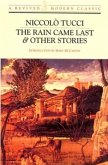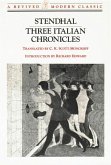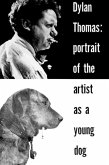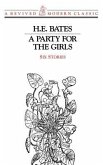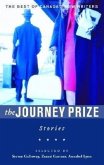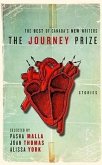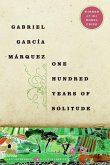In both her art and her life, Kay Boyle has exemplified that quality she values most in other artists--the bold articulation of a passionately held belief. An American expatriate in Europe from 1923-1941, Boyle was part of that pioneering group of modernists forging the "revolution of the word." Her stories from that period, thirteen of which are collected in Life Being the Best & Other Stories, are masterful in their complex, innovative use of language and their ironic acknowledgment of the subversive realities of life. From the quivering expectancy of the three sisters awaiting "The First Lover" to the dashed hopes of the architect's daughter in "The Meeting of the Stones" to the desperate remedy a small boy finds for life's dissatisfactions in the title story, Boyle provides a catalog of the ways in which love can fail. The missed (or nearly missed) chances for human connection as each individual mounts his or her solitary quest for identity provide Boyle's characters with moments of personal intensity and her readers with an ache of recognition. Boyle strove (as she once said of Harry Crosby) to write "with an alertness sharp as a blade and as relentless." She succeeded.
Hinweis: Dieser Artikel kann nur an eine deutsche Lieferadresse ausgeliefert werden.
Hinweis: Dieser Artikel kann nur an eine deutsche Lieferadresse ausgeliefert werden.

